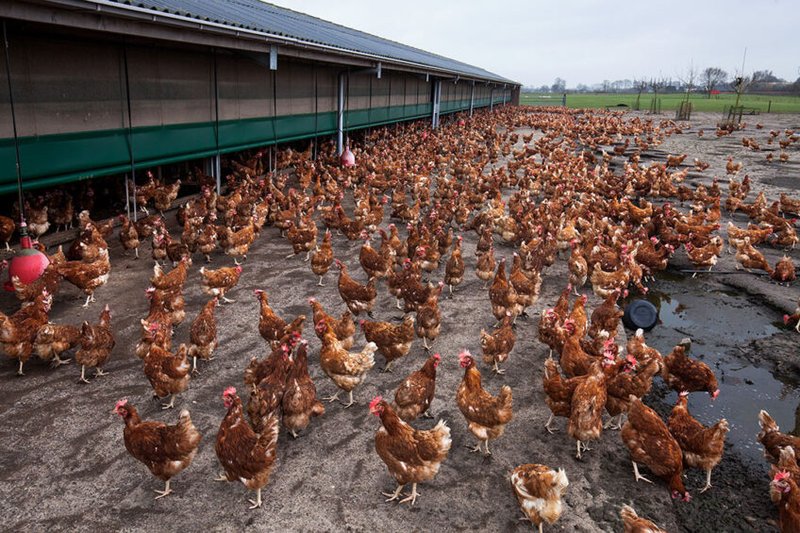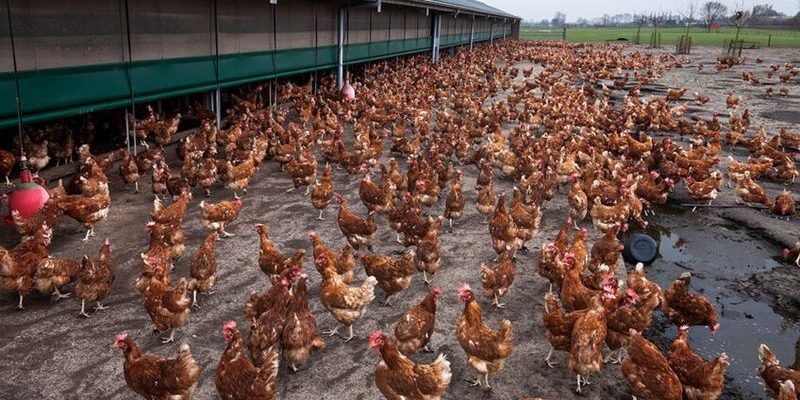
So, how do chickens pull off this nifty trick? Picture a sunny day in your backyard, with chickens happily pecking around. Every so often, one of them lifts its beak to reveal a grub wriggling in the dirt, quickly turned into a protein-packed treat. This not only provides the chickens with a hearty meal but also keeps your garden free from the damage these little pests can cause. In this article, we’ll dig into the ins and outs of using chickens to control grub worm populations, exploring how it works, the benefits, and some tips to get started.
What are Grub Worms?
Before we jump into how chickens can help, let’s take a moment to understand what grub worms actually are. Grub worms are the larvae of various beetles, including the notorious Japanese beetle. They live underground, feeding on the roots of grass and other plants. You might notice signs of grub damage if your lawn has patches of brown that seem to be dead and not recovering despite watering.
These pests can be particularly troublesome during the late summer and fall months when they’re most active. They chew through roots, which can lead to unhealthy plants or even die-off in your garden. You might be wondering why this matters. Simply put, controlling grub worms is crucial for keeping your garden lush and vibrant.
How Chickens Can Help
Now, let’s get into the juicy part. Chickens love to dig around and explore their surroundings, and they have a knack for finding grub worms. When they scratch the surface of the soil, they expose these pests, making them an easy snack. It’s almost like a game of hide and seek, where the chicken’s reward is a tasty worm.
But it’s not just about their appetite. Chickens also help improve soil health as they forage. Their scratching and pecking can aerate the soil and redistribute nutrients, creating a healthier environment for your plants. Here’s a neat little bonus: As they eat grubs, the chickens also reduce the adult beetle population, preventing more larvae from hatching in the future. It’s a win-win!
The Benefits of Using Chickens
Using chickens for grub worm control comes with a whole slew of benefits. Let’s break them down.
- Natural Pest Control: Chickens are a non-toxic, chemical-free solution for managing grub worms. This means a healthier garden and environment.
- Soil Aeration: As they scratch around, chickens help to aerate the soil. This allows water and nutrients to penetrate deeper, promoting healthy plant growth.
- Fertilizer Production: Chicken droppings are an excellent source of nitrogen, which can enrich your garden soil.
- Entertainment Value: Watching chickens forage and interact in your garden can be quite delightful! They add life and activity to your outdoor space.
You might be thinking this sounds almost too good to be true. But honestly, once chickens are integrated into your routine, their benefits become clear. It’s like having a little team of gardeners that do the hard work for you.
Setting Up Your Chicken Run
Before you unleash your chickens into the garden, you’ll need to create a safe and comfortable environment for them. A well-designed chicken run is essential. Here’s how to get started:
1. Space: Chickens need room to roam. A run that’s 10 square feet per chicken is a good rule of thumb. They love to scratch, run, and chase each other, so the more space, the happier they’ll be.
2. Safety: Ensure that your run is secure from predators, like raccoons and foxes, that might be tempted by your flock. A strong fence and cover can help keep them safe.
3. Shelter: Provide a cozy coop for your chickens to roost in at night. It should be dry, draft-free, and protected from the weather.
4. Foraging Area: Allow them to access a portion of your garden where grub worms might be lurking. Just be mindful of the plants they might nibble on!
Setting up a good chicken run not only helps manage grubs but also contributes to your overall garden ecosystem.
When to Introduce Chickens to Your Garden
Timing is crucial when using chickens for grub control. You’ll get the best results if you introduce them to your garden at the right time. Generally, later in the spring or early summer works well since this is when grub populations begin to rise.
Chickens should have access to areas where you’ve previously identified grub activity. Keeping them in a designated spot for a few days allows them to dig and eat the grubs actively. Rotate their foraging areas to ensure they cover more ground and don’t overgraze in one area.
Don’t forget to keep an eye on the chickens while they’re foraging! They can be quite curious and might wander off or become distracted by something else in the garden.
Challenges of Using Chickens for Pest Control
While using chickens can be a fantastic way to control grub worms, there are a few challenges to keep in mind. It’s not all sunshine and pecking.
1. Plant Protection: Chickens are curious creatures and sometimes mistake your precious plants for food. You may need to create barriers around certain plants you want to protect.
2. Maintaining Health: Chickens can be vulnerable to specific pests and diseases, so you’ll need to monitor their health closely and keep their living area clean.
3. Seasonal Limitations: Depending on where you live, the effectiveness of chickens in controlling grubs might vary with the seasons. In colder climates, chickens might not be as active during winter months.
While these challenges exist, they can be managed with a little preparation and care.
Final Thoughts on Chickens and Grub Control
Using chickens to control grub worm populations is not just an efficient pest management strategy; it’s an enriching experience that connects you to nature. By incorporating chickens into your gardening routine, you’re not only tackling pests but also fostering a thriving ecosystem right in your backyard.
So, whether you’re dealing with a small garden or a larger yard, consider giving chickens a try. They might just be the feathered friends you never knew you needed! With a little love and care, they’ll help keep those destructive grubs at bay and bring joy to your gardening experience. Happy gardening!

